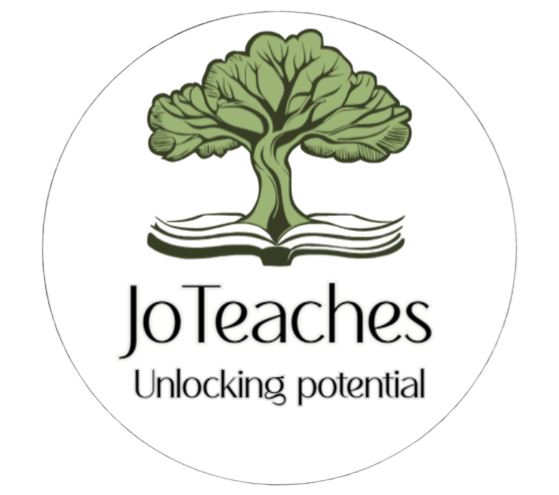
Our 12-week GCSE Higher Maths program is designed to cover the full syllabus, with biweekly 1-hour sessions. Here’s a week-by-week breakdown:
Session 1:
• Understand and apply prime numbers, factors, multiples, and HCF/LCM.
• Convert between fractions, decimals, and percentages.
• Simplify surds and use the laws of indices confidently.
• Estimate and round numbers effectively.
Session 2:
• Simplify and manipulate algebraic expressions.
• Expand and factorize single and double brackets.
• Use the laws of indices for positive, negative, and fractional powers.
• Simplify algebraic fractions.
Session 3:
• Solve linear and quadratic equations using various methods.
• Rearrange and solve simultaneous equations.
• Apply inequalities to real-life contexts.
Session 4:
• Recognize and generate arithmetic and geometric sequences.
• Derive the nth term of a sequence.
• Solve problems involving recurrence relations.
Session 5:
• Plot and interpret linear and quadratic graphs.
• Understand gradient and y-intercept in context.
• Transform quadratic functions.
Session 6:
• Plot and interpret cubic, reciprocal, and exponential graphs.
• Apply transformations to a range of functions.
• Solve equations graphically.
Session 7:
• Solve direct and inverse proportion problems.
• Use ratios in real-life contexts.
• Scale quantities accurately.
Session 8:
• Understand and calculate rates of change.
• Solve speed, distance, and time problems.
• Interpret real-life graphs effectively.
Session 9:
• Apply angle rules and shape properties.
• Use Pythagoras’ theorem in 2D and 3D contexts.
• Calculate bearings accurately.
Session 10:
• Apply basic trigonometric ratios.
• Solve 3D trigonometry problems.
• Use trigonometry in real-life contexts.
Session 11:
• Apply the sine and cosine rules.
• Calculate the area of triangles using 1/2absinC.
• Solve complex geometry problems.
Session 12:
• Understand and use vector notation.
• Perform vector arithmetic and solve vector geometry problems.
• Describe and perform transformations using vectors.
Session 13:
• Understand basic probability concepts.
• Use Venn diagrams and tree diagrams for probability calculations.
• Apply conditional probability to real-world problems.
Session 14:
• Calculate averages and range from data sets.
• Interpret and draw statistical diagrams.
• Use histograms and cumulative frequency curves.
Session 15:
• Develop effective exam strategies.
• Manage time under exam conditions.
• Recognize common pitfalls in exam questions.
Session 16:
• Complete full past papers under timed conditions.
• Review and act on feedback from practice tests.
Session 17-24:
• Strengthen weak areas identified through practice.
• Consolidate understanding of mixed topics.
• Build confidence through intensive practice.

JoTeaches delivers live online GCSE Maths courses with expert-led group lessons, weekly 1-to-1 support, and full Edexcel Higher Tier coverage. Clear teaching, progress tracking, and recordings help students build confidence and excel.